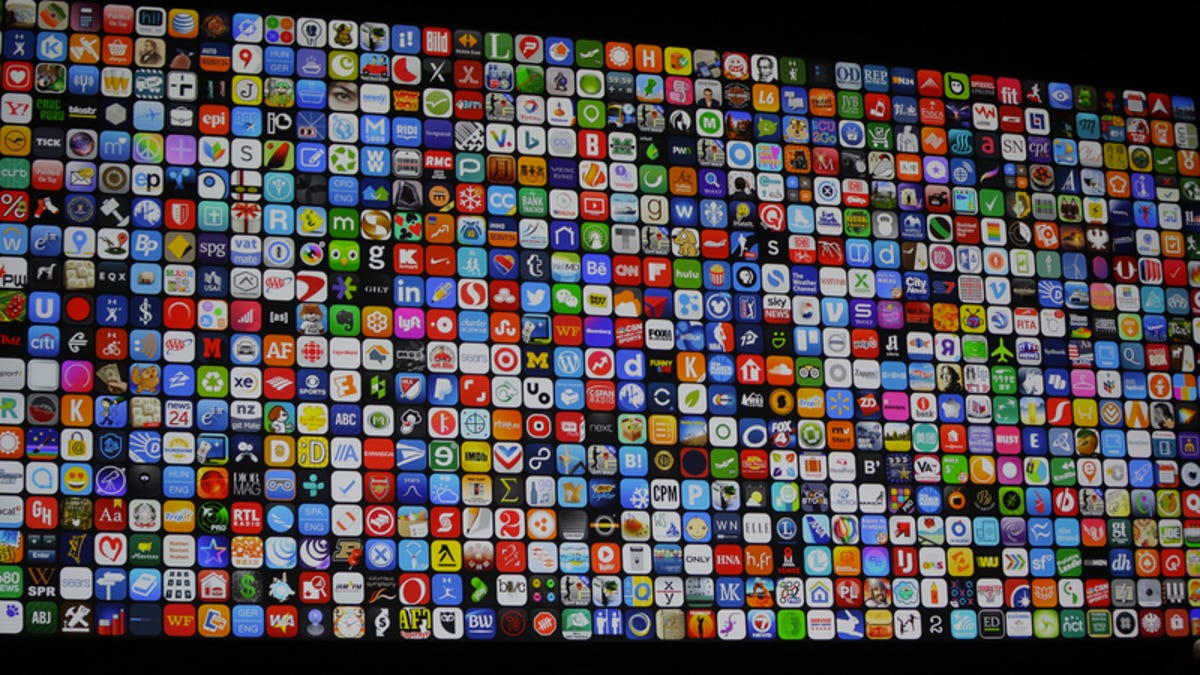Why you should think twice before installing the iOS 10, MacOS Sierra public betas
As tempting as it is to use Apple's latest wares, you probably should stay away for now.

The time has come for Apple to unleash iOS 10 and MacOS Sierra to the general public for further testing. Up until now, both operating systems have only been available to developers.
With the public betas available, you're just a few taps or clicks away from installing a test version of Apple's latest software. No matter how attractive the idea of having Siri on your Mac, or the new Messages stickers for iOS 10 can be, it's best you think twice (if not three times) before installing either public beta.
There's a lot of bugs
When a "beta" tag accompanies any sort of software release, it naturally indicates you're using something that's not quite final, and likely to have bugs and issues throughout.
Apple's iOS 10 and MacOS Sierra are no different. You will run into instances of some of your favorite apps not launching, or features within apps being completely broken. For example, the Facebook app has been full of crashes when scrolling through my News Feed thus far in the beta cycle. (Not that that's a bad thing, considering how much time I can spend on Facebook.)
In past iOS betas, there have been updates that have disabled FaceTime, broken Wi-Fi or text messaging, or caused the camera to act goofy when taking photos -- it's just a part of using not-quite-final software. I remember one beta blocking all phone calls from ringing my phone, forcing me to downgrade to an official release to use my phone as a phone.
So unless you're ready to not only deal with these issues while using a beta, but to also submit feedback to Apple (and potentially help troubleshoot said issues on occasion), you should wait until later in the beta cycle.
Apple typically releases beta updates every two weeks, with the last one coming a few weeks before the company's fall event. Taking the plunge in mid-August is a better idea for those who just have to have the latest, but don't want to deal with a ton of issues.
Your battery life is going to be bad -- really bad
All jokes about current battery life aside, running on iOS beta will wreak havoc on your iPhone or iPad's battery. The first few rounds of beta updates are when the company focusses on adding new features, seeing what will make the final cut, and then polishing and improving the overall experience. It's that latter part of the process where improving battery life gets some attention.
Should you decide to take the plunge and install iOS 10, plan on carrying around an extra battery pack or case with you for the next few months.
It's kinda, sorta permanent
Before you install a beta, Apple prompts you several times to backup your device in its current state. Be it using Time Machine on a Mac, or using iTunes or iCloud for iOS -- this is advice you want to follow through on. But simply having a backup doesn't mean all risk of losing conversations or documents is mitigated should you go back to an official version of an OS.
When you downgrade, you are forced to factory reset and then restore your device to the last backup created on that operating system. For example, you're on iOS 9 right now, so you create a full backup, upgrade to iOS 10 and use it for a month. But after a month you grow tired of the bad battery life and issues with apps you rely on, and you want to go back to iOS 9.
As you go through the process of removing the beta profile and reinstalling iOS 9, you only have the choice to restore to the backup you made a month ago. Meaning all your conversations won't be restored to your device. Nor will any new apps you've installed and set up, or any photos you've taken that weren't backed up to some sort of cloud service.
In short, you'll return your device to the exact state it was a month ago, and lose anything that wasn't stored in some online service in the process.
Installing and using a beta on a daily basis isn't for everyone, and that's OK. The beta is meant for users who want to live on the bleeding edge of technology, and don't mind working through issues because of that fact.

